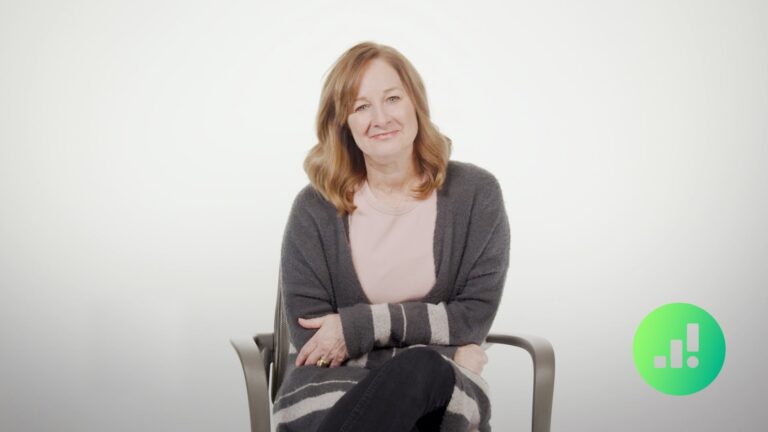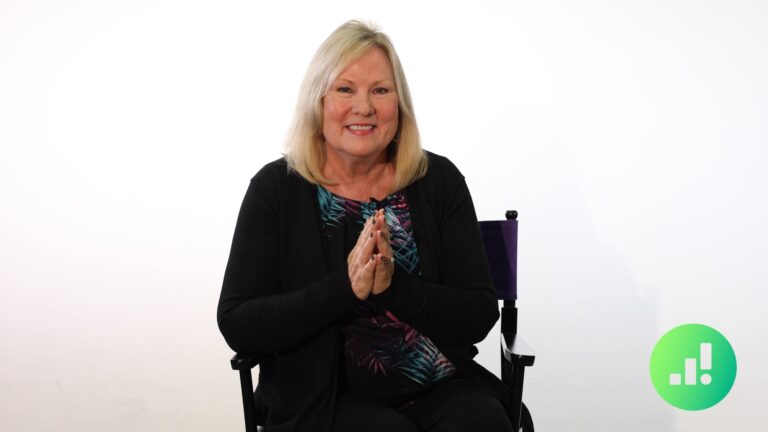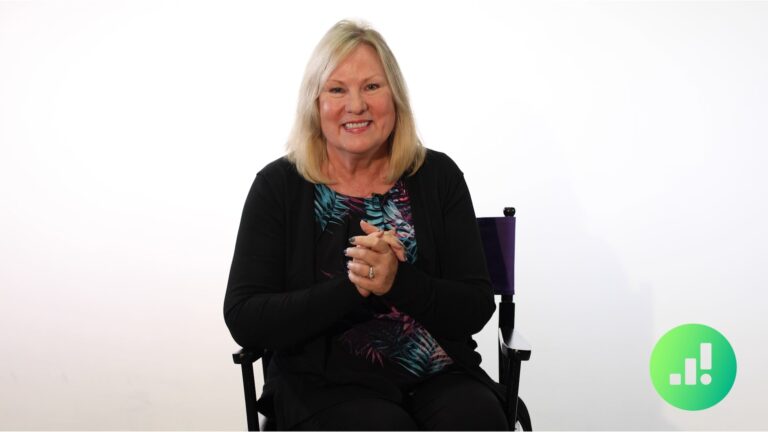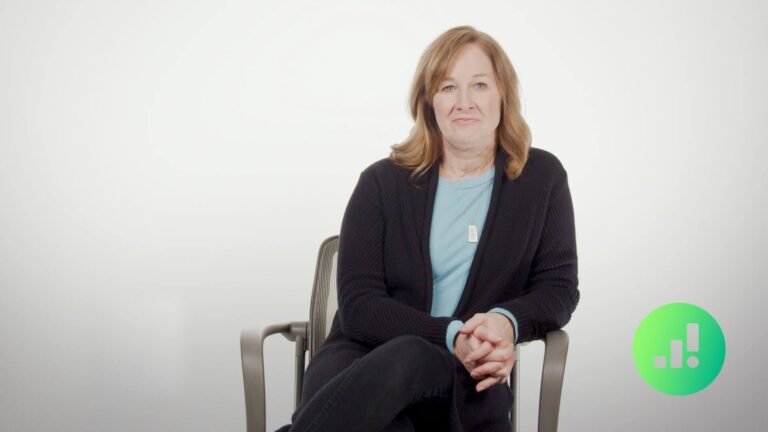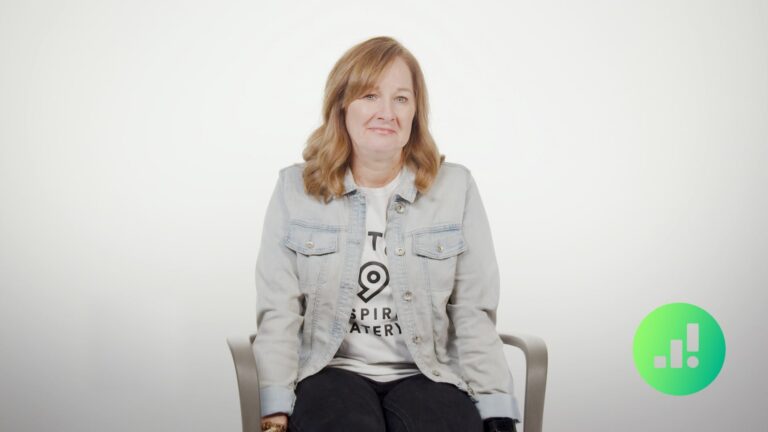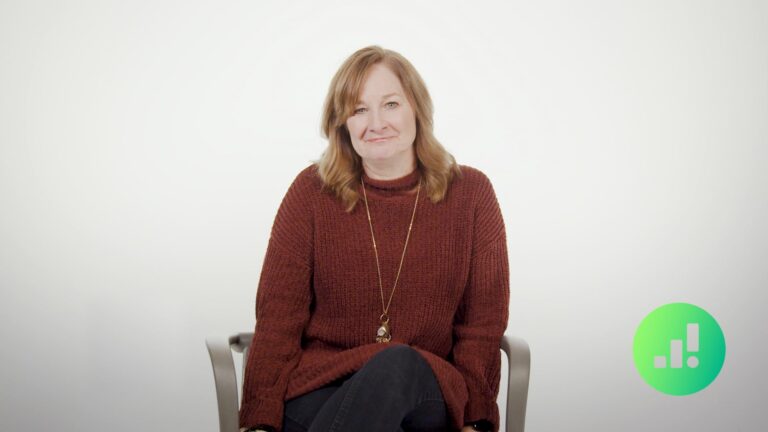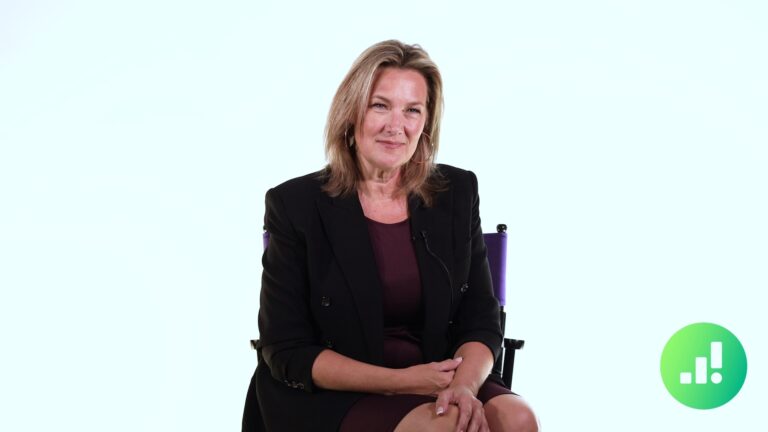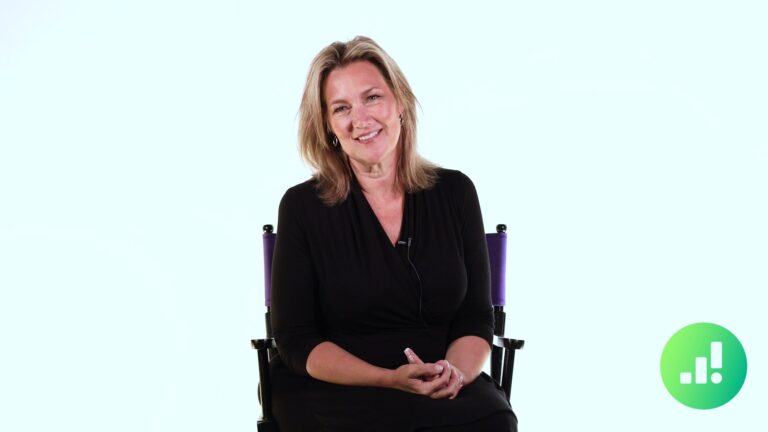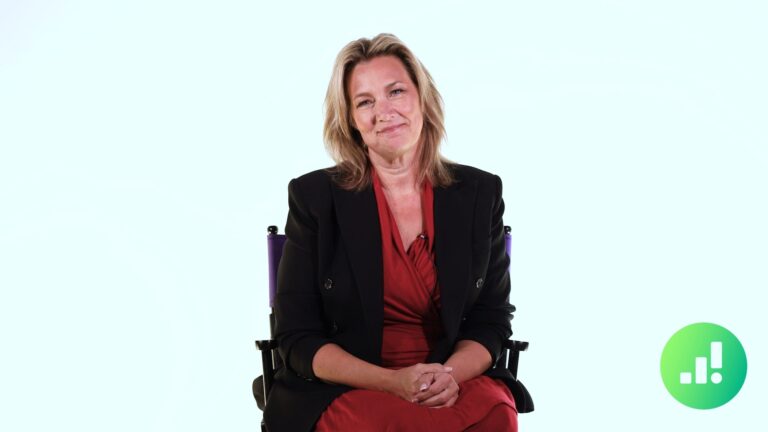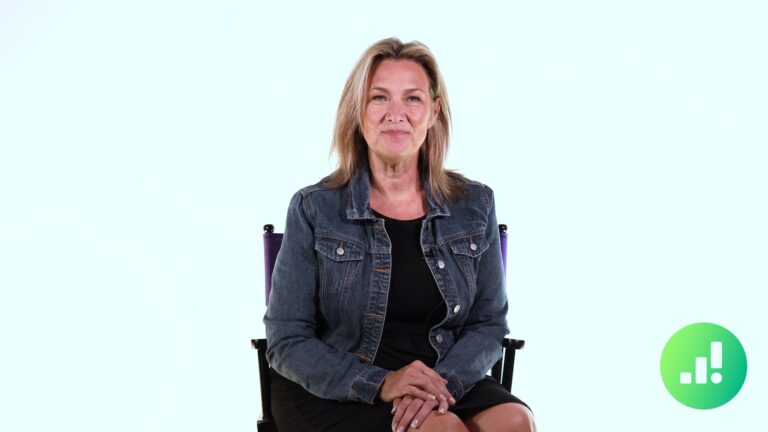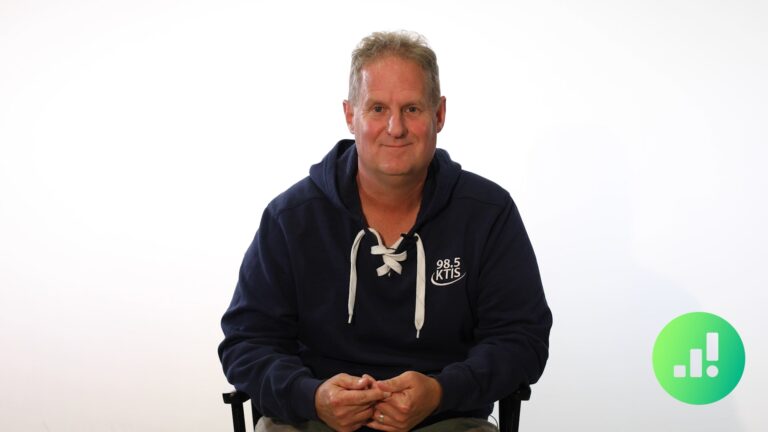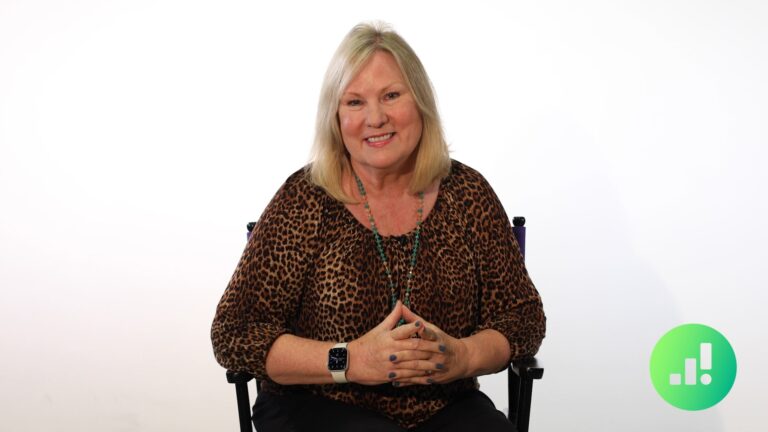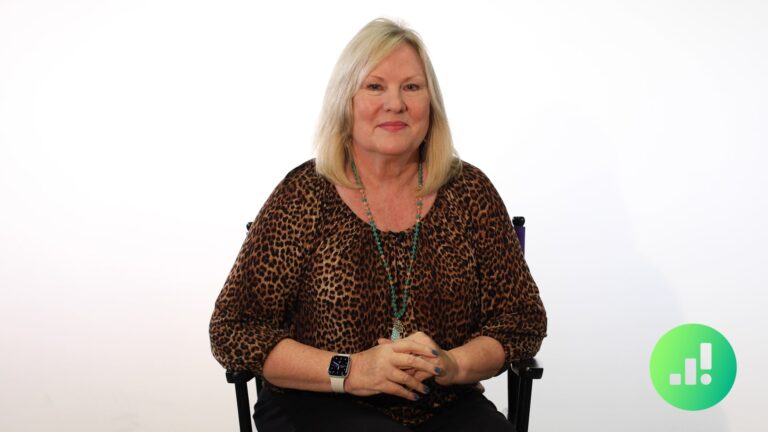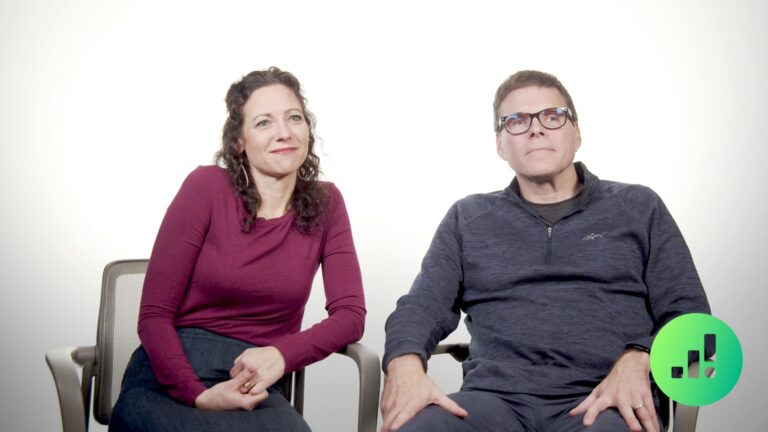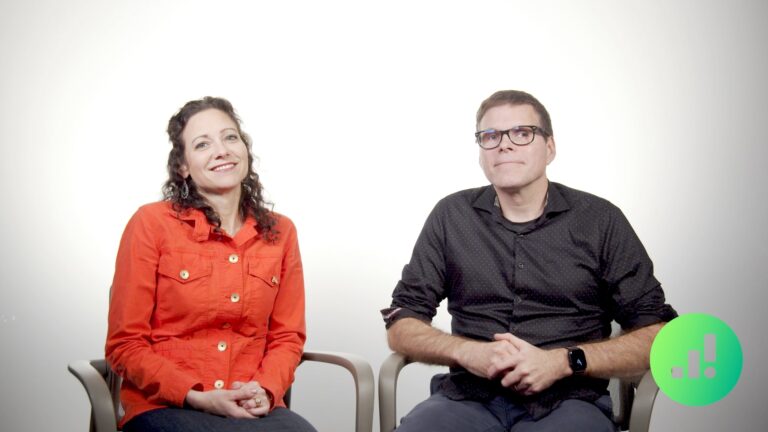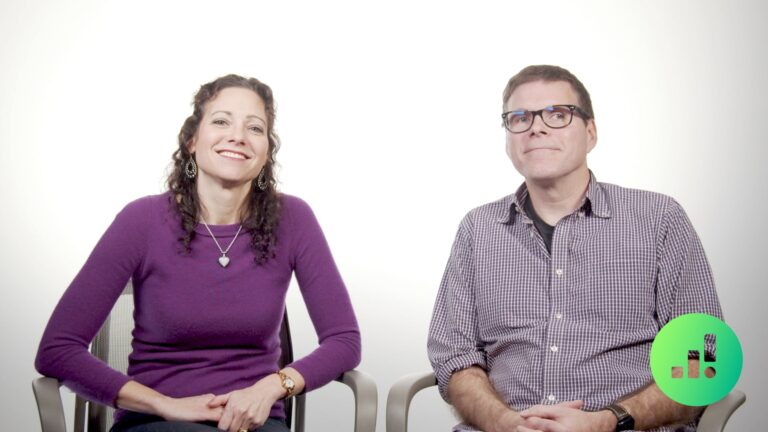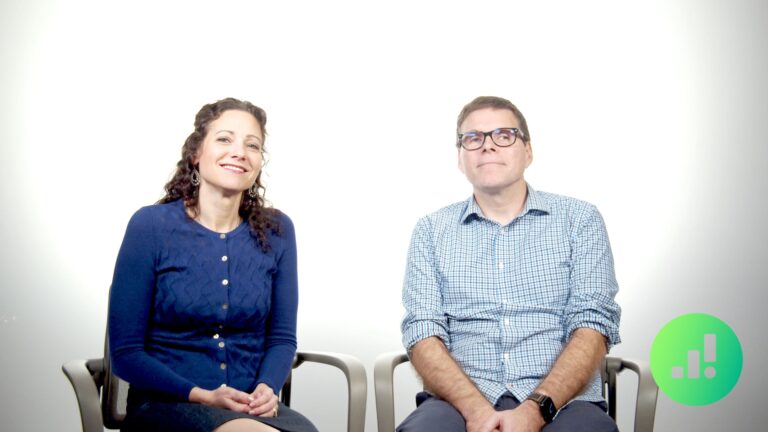Psalm 18:16–18 reads: “He reached down from on high and took hold of me; He drew me out of deep waters. He rescued me from my powerful enemy, from my foes, who were too strong for me. They confronted me in the day of my disaster, but the Lord was my support” (NIV).
For Lisa (last name withheld), this passage is both an encouragement and a reminder of her own inadequacy. And sometimes, that is a beautiful thing. Lisa asked herself, “Why would He delight? At times, I felt like no one delighted in me.”
Our God comes to us in the midst of our brokenness and helps us through, loving us as His chosen people.
Dr. Mork, host of the podcast Mental Health with Dr. Melissa Mork, met Lisa in one of her classes at the University of Northwestern – St. Paul. While their relationship started out as professor and student, it grew into a friendship. Lisa even attended Dr. Mork’s husband’s funeral.
Melissa reflected on this moment with clarity, despite the fuzzy grief that seemed to infiltrate the rest of that season: “You [Lisa] did the very best thing that you can do for somebody who is grieving: you showed up, and you were quiet. You just offered your tears for me.”
After graduating from the university in 2013, Lisa went on to become a behavioral therapist. She currently works at Minnesota Connections Academy as a clerk. Lisa struggles with ADHD, and her job is intense and detail oriented. While these two seem like they should work against one another, “when I just get to work, another level kicks in.”
Instead, her ADHD affects her home life. It can be a struggle to complete simple household tasks like putting away piles of laundry or cleaning her room.
Her issues started while she was still in school. She sank into a struggling mental state. She was crying a lot, and her stomach felt upset. Her family didn’t often show their emotions, so she didn’t know how to address these issues. She didn’t know where to go for help. Finally, she broke down in the pediatrician’s office. In that place of sorrow, she admitted her crisis to herself and her mother.
That visit was the first time that Lisa learned about her father’s own struggles with mental health. He had hidden his struggle with bipolar, ashamed of his weakness. As Lisa began to pursue healing, she started taking medication to help control her depression and anxiety.
Her father’s pattern of shame was thrust on his daughter as he asked her not to tell anyone about her struggle. This moment broke their relationship for a time. She learned to cope with her own questions of “Why do I need this to be normal?”
But Dr. Mork reminded Lisa that medicine, therapy, and any other needed changes to everyday life can feel discouraging, but they can be necessary. Lisa found strategies for living with her challenges. Watching the Twins game. Getting together with friends. Listening to music. Finding alternatives to coffee or caffeinated drinks. It isn’t a wrong way of living, just a different one.
You might be facing a season when life feels impossible. You can’t always move forward with your current plans, and your life might look different than many other people’s. Mental Health reminds us that life doesn’t have to look “normal.” Normal looks different for each person.
Join Dr. Melissa Mork on Mental Health each week as we find new ways to look at our own normal, no matter how confusing it might feel.
To dive deeper, you can discover the story behind the podcast or the story behind the host.
“Why do I need this to be normal?”
—Lisa


